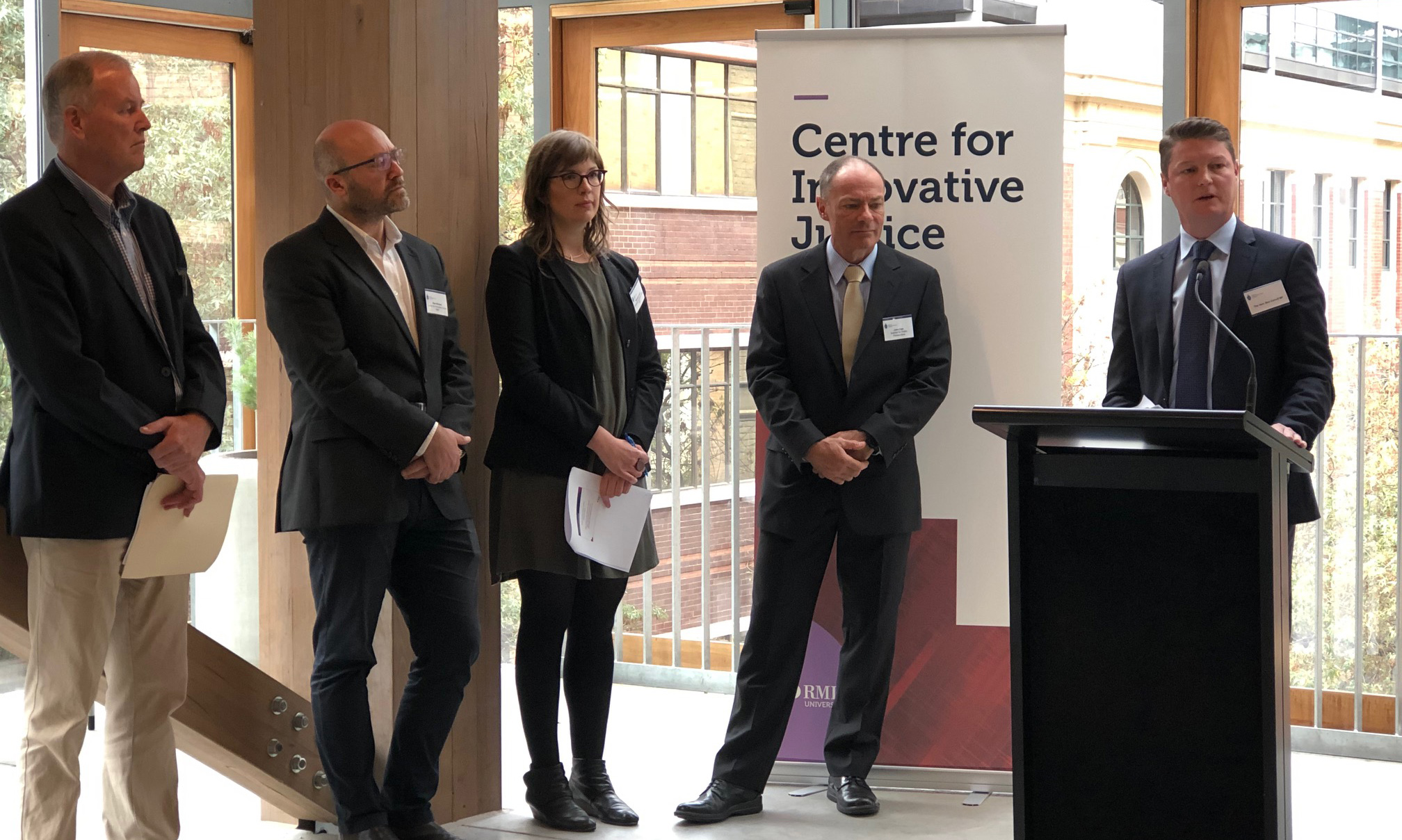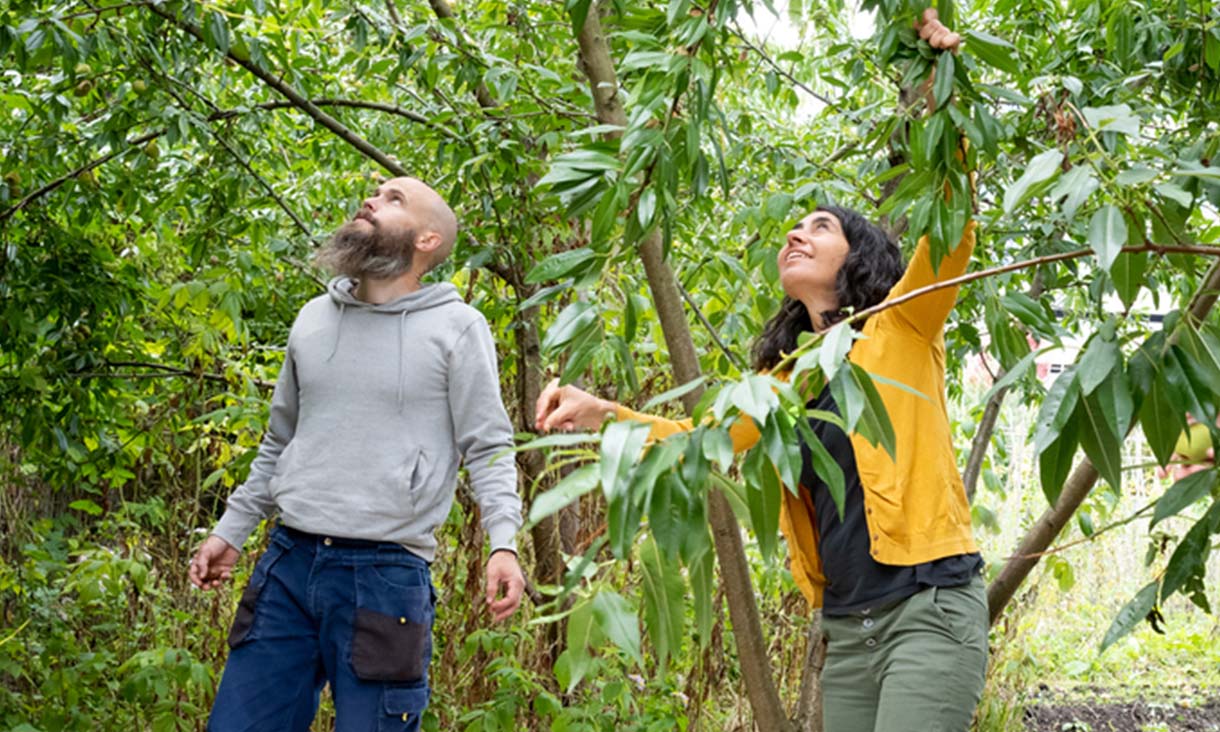Associate Director of the CIJ Stan Winford said that while in most cases OPP lawyers do a good job of informing victims about the prosecution, there is still room for improvement.
“Victims told us they want to actively participate in the decision-making process,” Mr Winford said.
“While they generally accept resolution decisions are the OPP’s to make, they don’t merely want to be told about a decision. They want the chance to express their views, and for those views to be taken into account by the lawyer.”
Other findings from the report include that victims want to be given enough information about the case to be able to contribute an informed view and a have strong professional relationship with the OPP lawyer. Report co-author and CIJ Senior Advisor Nareeda Lewers said for many victims, the process of being consulted was just as important as the outcome.
“Our findings show victims are more likely to be confident in the outcome if they are properly consulted, but less so if they are not. It is the process that makes the difference.”
The study acknowledges the challenging nature of the prosecutor’s role in terms of balancing their duties to act independently and fairly with their responsibilities to victims. It also reveals lawyers can face difficulties with being put under pressure by the courts to make resolution decisions quickly, and managing the unrealistic expectations of victims established prior to the case reaching the OPP.
Solicitor for Public Prosecutions John Cain said that despite these challenges the OPP was committed to implementing the recommendations of the report.
“The OPP is determined to improve the experience of victims in the criminal justice system and this report sheds light on how we can better communicate with them about complex decisions,” Mr Cain said.
“In line with the recommendations, we have already taken steps to provide training for our lawyers on best-practice communication and will update our procedures to reflect this.”
“Over the past few years we have been reviewing every aspect of our work to improve outcomes for victims. As part of this we launched a new website for victims, a victim support dog program and we now have social workers and lawyers working together in multidisciplinary teams.”
The report, Communicating with Victims about Resolution Decisions: A Study of Victims’ Experiences and Communication Needs, can be accessed here.
Story: Karen Phelan





